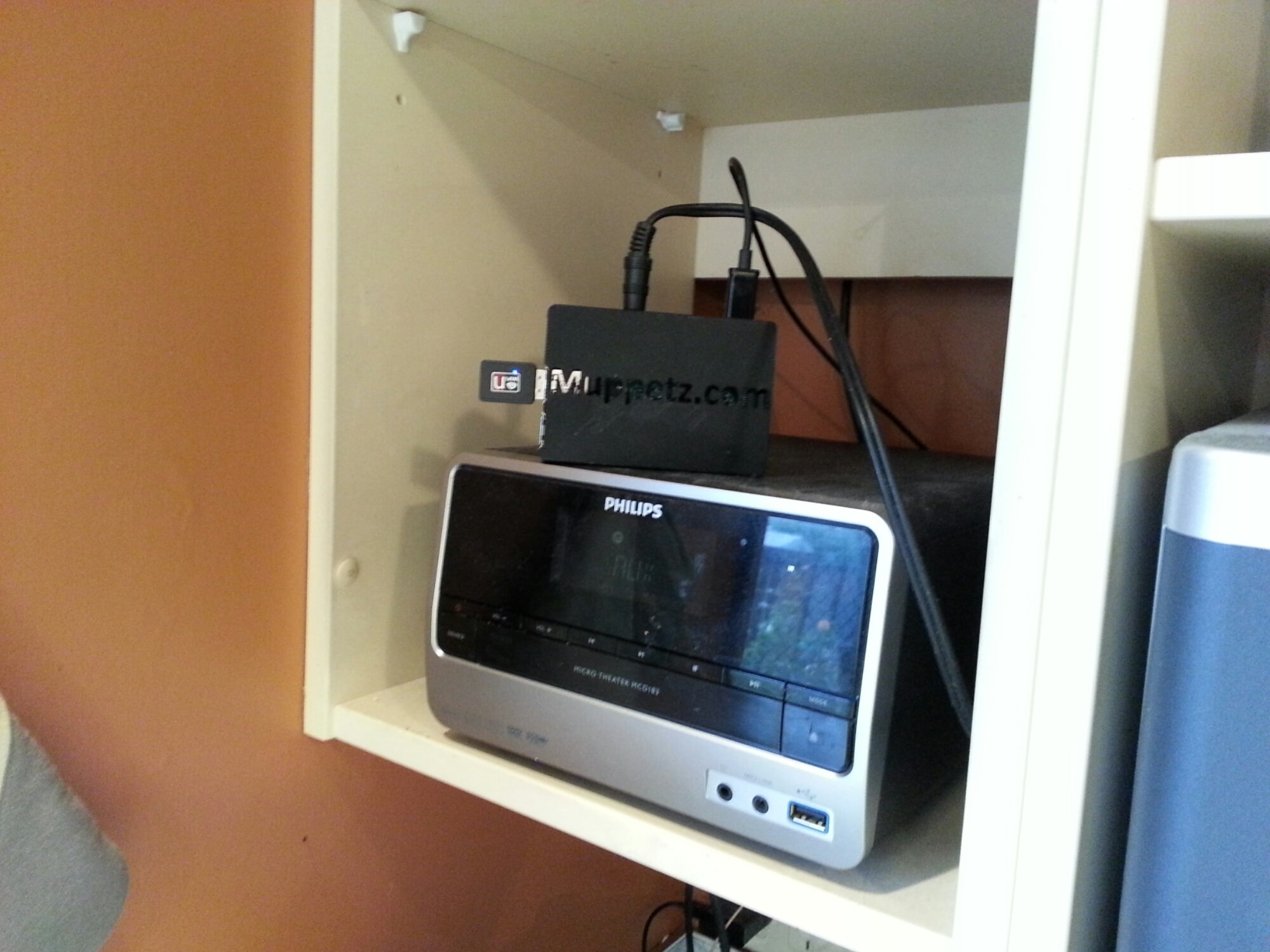I installed xubuntu on my now very old Dell XPS m1330 the other day. Windows 10 just wasn’t cutting it for me, though that’s probably because I had an excess of crap installed. It was taking upwards of 5 minutes to reboot though, so I thought I’d try something else.
Xubuntu was the obvious choice, Gnome can die in a fire and KDE while nice is too UI heavy for what I want. I love XFCE, it’s small, clean and does a great job, so xubuntu got the nod.
Once installed and working, I then downloaded the 4.1.3 kernel source and the latest grsecurity patch for it. Patched the source and fired up make menuconfig. Ubuntu being ubuntu it comes with pretty much every freaking option, module and setting defaulted to yes. Rather than piss about making a nice small custom kernel, I just went with all the defaults, then turned on pretty much every grsec feature. The few items I kept disabled are:
They’re only minor things (well, the RBAC system isn’t really “minor”), all of the main memory protection features (thanks, PaX) and the other grsecurity hardening features are enabled.
Then it’s just a matter of making sure all the right packages are installed to be able to do a “make-kpkg –initrd kernel_image” and waiting for a very long time. Oh and it helps to set the CONCURRENCY_LEVEL to 2, which is how many Core’s the CPU has. Then you wait about 3 hours…
Finally you end up with a .deb that you install and off you go. Install it and reboot and….
It worked first go. Not that I really expected otherwise. The only problems encountered are the expected ones, some binaries don’t like the hardened memory protections, so those protections have to turned off on a per-binary basis. So it’s apt-get install pax-utils and apt-get install paxctl.
The binaries I adjusted flags for are:
- chrome
- thunderbird
- python3
paxctl -cpm /path/to/binary
c: creates a pax header, m: disables mProtect, p: disables pageexec
The only problems I’ve faced apart from this are issues with the sound module. Under a default ubuntu kernel the sound just works. Under my compiled kernel, the module needs to be removed and re-added for sound to work, and then it fails if you suspend the laptop. I’m 99% sure this isn’t anything to do with grsecurity, but rather the fact it’s a vanilla kernel source, not a heavily-patched ubuntu kernel source with fixes for all those sorts of things. I’ll get to the bottom of it at some stage.
But the laptop works and works well. I’m not using the proprietary Nvidia drivers, just the nouveau ones. Suspend works. It’s still fast and browsing is quick, despite all of the PaX and grsecurity options turned on, some of which have a known performance impact (I’m looking at you Userland Dereference and Memory Sanitize)
The whole process has been easy, quick and painless. The hardest part has been waiting for the kernel to compile. When I have a bit more free time I’ll go through and build an image for just this laptop, disabling all the drivers and options that are totally unnecessary. I’ll end up with a much leaner kernel that’s quick to compile. But this image I have now could be given to anyone with a x64 system and it’d boot and work perfectly.
Thanks spender, pipacs and emese for their work on PaX/grsecurity.
Tim
UPDATE: A couple of updates to this post. Firstly, the issue with sound was caused by CONFIG_GRKERNSEC_SYSFS_RESTRICT being set. Disabling this, building again works. I also found that I was getting slower performance, disabling uderef on the command line as well as slab sanitization has fixed this, giving me excellent performance again. Beause they’re command line, I can re-enable them easily withouth having to recompile. My full linux boot command is:
BOOT_IMAGE=/boot/vmlinuz-4.1.4-grsec root=/dev/sda1 ro reboot=w nouveau.runpm=1 nouveau.pstate=1 pax_nouderef pax_sanitize_slab=off pax_extra_latent_entropy
Finally, I sat down over the weekend and stripped out all the unneeded modules and settings. Ubuntu by default sets a lot of debugging features, so all those are turned off now in the aims of squeezing a bit more performance out of the laptop. Plus now my kernel image is ~25Mb, instead of ~250mb.


